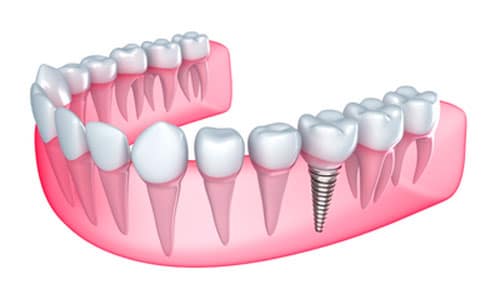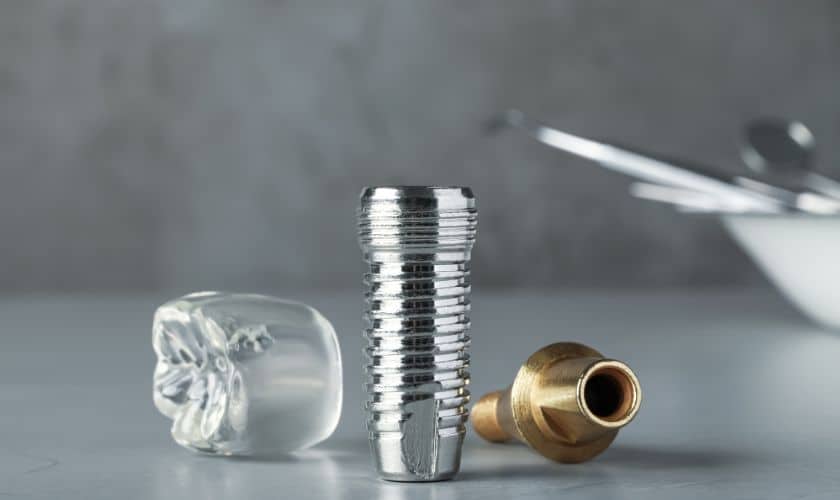
Although any of these options are probably preferable to living with a gap in the front of your smile, there are some factors that may influence whether a tooth replacement will likely be successful for you. Here are a few reasons that dental implants do not always work for everyone.
Infection
Peri-implantitis is the name for a periodontal disease that causes inflammation in the gum and bone surrounding a dental implant. If severe enough, the inflammation can cause bone loss, leading to a decrease in bone density, and eventually potential loss of the implant. People most at risk for peri-implantitis after implant surgery are smokers, those who do not practice regular plaque removal and cleaning, and those with diseases such as diabetes or autoimmune diseases that may prevent or slow healing of the gums and jawbone.
Bad Oral Hygiene
People with previous oral health issues, periodontal disease, or bad oral hygiene will most likely not be a good candidate for dental implants as this procedure requires healthy teeth and gums and good bone density to begin with as well as continued oral hygiene to ensure that proper healing can take place.
Other Healthy Habits
The best candidates of those in need of teeth replacement are those who either do not smoke or are working on quitting, those with a low alcohol consumption, people without other health issues that may hinder healing during the implantation process, those who have never undergone radiation treatments on their head and neck, individuals under the age of 60 whose bone growth is more active, and those without any previous history of gum disease.
As with most medical solutions, whether temporary or permanent, there are risk factors and areas where the best solution may not be the best solution for you. Contact our office if you have any questions or concerns about whether dental implants may be right for you.

